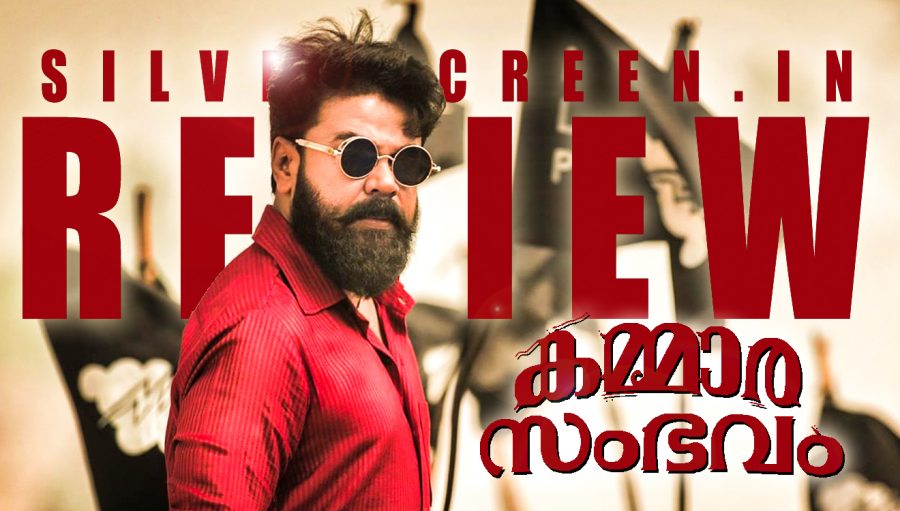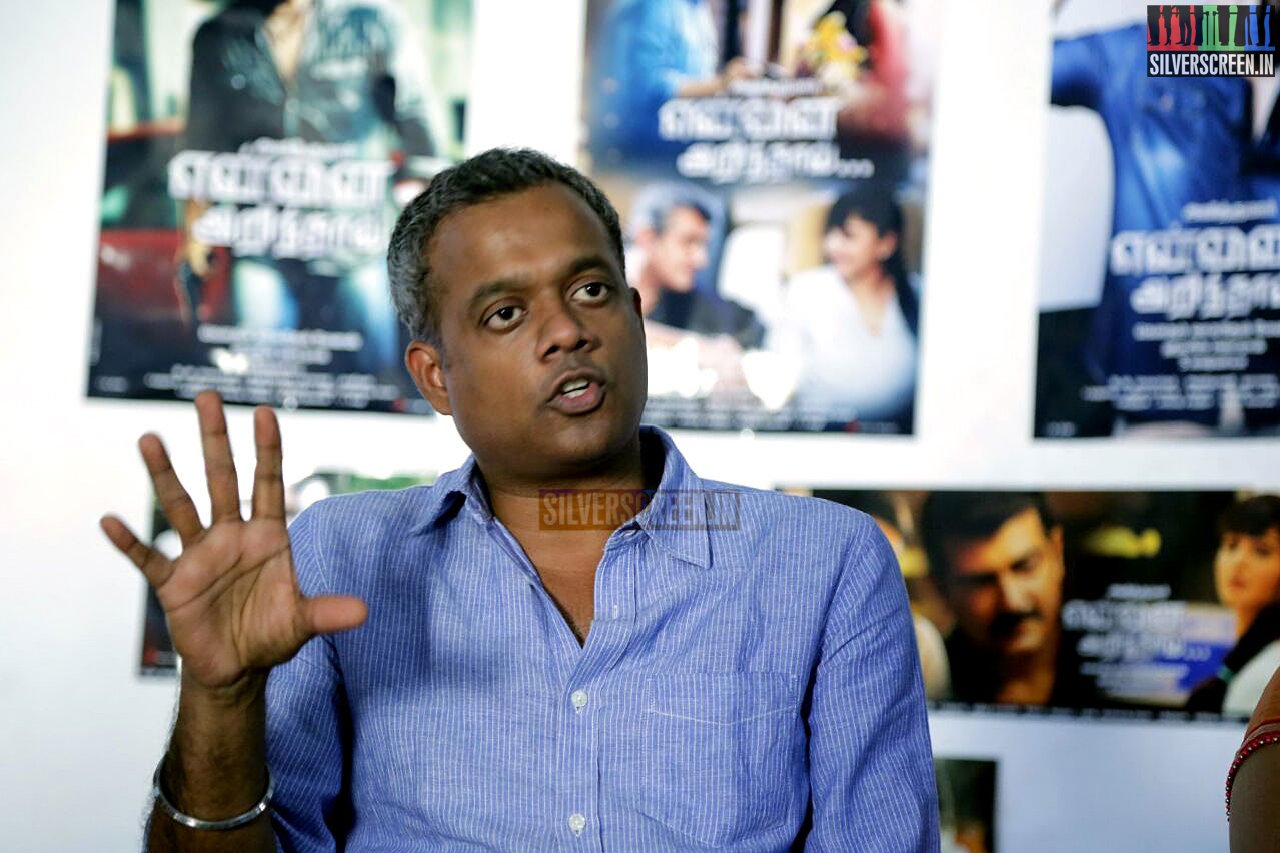Kammara Sambhavam is about blatant lies that dot the garb of history. A bunch of liquor barons decide to make a propaganda movie for electoral gains. The protagonist they choose is a 96-year-old man who was seemingly involved in India’s freedom movement. Living a battered life with an abusive son and daughter-in-law in a remote village, the man decides to share with the film crew the honest details of his highly adventurous life. After all, he has nothing to lose during the tail end of life. However, what comes out in theaters is a mass masala movie that distorts the man’s story, and lionizes his petty life. Quite a relevant film for troubled times, or so it might seem.
Kammaran Nambiar (Dileep), a man nearing his 50s, lives in a village ruled by a brutal patriarch, Kelu (Murali Gopi) who rapes Dalit women and exploits their men, employed as labourers on his agricultural land. Nambiar is as casteist as Kelu, although without physical or material power that the man possesses. In order to retrieve his ancestral wealth that Kelu had grabbed from him, and to own a woman (Namita Pramod as Bhanu) he secretly desires, Nambiar schemes a plot that tears apart relationships, result in mass murder, and even topples a potential political movement. Subhash Chandra Bose and his INA are generously referred to in the film, as one of the lead characters, Othenan (Siddharth) is a proud member of the party. Several historical incidents are loosely mentioned in the plot centered on Nambiar and his ability to lie through his teeth.
Kammara Sambhavam isn’t a novel attempt at story-telling – it uses the old-school techniques of melodrama and romantic duets, but it sure is entertaining. The emphasis is on the technical gloss it adds to the proceedings. The meta film is written by Murali Gopi, and like any other work of the actor-writer, it is founded on sky-high ambitions. The writing is more neat and on-point than the recent Tiyaan. Running for over three hours, the film has characters aplenty, moving in and out of the picture-perfect frames, and the story-line is crammed with several twists and not-so-subtle undertones. Gopi Sunder’s songs and background score are deafeningly loud, so are some of the performances that overdo melodrama. But Ambat makes up for it with impressive execution of scenes that play to the gallery. For instance, the cameo of Shweta Menon that comes in the second half works marvelously, both, for the cast and the way the scenes are staged.
Dileep’s performance – his expressions, dialogue delivery as well as the body language – appear strained and put on. He is there in almost every scene in the film, but doesn’t quite belong in its milieu. His co-actors – Namitha Pramod, Murali Gopi and Siddharth – are convincing in their roles, although the latter’s diction as well as his strikingly handsome appearance are hiccups to overcome.
Murali Gopi’s films have always had an axe to grind politically. In one of the scenes, the liquor barons say that they want a Tamil filmmaker to make the movie for them because Malayali directors are ‘either too left or right’, a nod to the state’s political oscillation between the Congress party and the Leftists. It could also be a jibe at the dangerously apolitical potboiler industry that the current Kollywood is. In any case, the villain that Gopi takes on in Kammara Sambhavam – the crooked schemer who has built a powerful political image on distorted facts – isn’t a saffron leader as it might seem, but someone closer home. The central figure in his most controversial Left Right Left bore uncanny resemblance to the current Kerala chief minister Pinarayi Vijayan, but the most detested character in the film was someone else, a power-hungry Leftist politician who, in his 90s, would lie through his teeth for political gains.
Recommended
While trolling the media, political system and the general electorate for falling for propaganda trappings, the film also sneaks in some sly references to the recent actress abduction case in which one of the chief accused is the film’s lead actor, Dileep. In a comical scene, the actor mouths a line that says how women, media and people with vested interests generously use sexual harassment cases for material and political gain. And the makers shield themselves with the famous words of Napoleon Bonaparte – “History is a set of lies agreed upon”. In its enthusiasm to be a slick, daring film that laughs at the political system of the state and popular culture, Kammara Sambhavam inadvertently reduces itself to a propaganda machine of another – a more spiteful kind.
*****
The Kammara Sambhavam review is a Silverscreen original article. It was not paid for or commissioned by anyone associated with the movie. Silverscreen.in and its writers do not have any commercial relationship with movies that are reviewed on the site.



